Artificial Intelligence (AI) is revolutionizing the music industry, transforming how music is composed, produced, distributed, and experienced. As AI continues to evolve, it offers musicians, producers, and listeners powerful tools that enhance creativity and reshape the musical landscape.
How Is AI Used in Music?
AI in music leverages machine learning algorithms and data analysis to perform tasks such as generating melodies, composing full songs, mastering tracks, and even analyzing listener preferences. From assisting artists in the studio to personalizing music experiences for users, AI is deeply embedded in the modern music ecosystem.
Key Benefits of AI in Music
Music Creation and Composition
AI tools can generate melodies, harmonies, and rhythms based on specific genres, moods, or lyrics. These systems can act as creative collaborators, helping musicians overcome writer’s block or explore new musical directions. Platforms like AIVA, Amper Music, and Google’s Magenta are popular examples.
Enhanced Music Production
AI-powered mastering services, such as LANDR and iZotope, allow artists to automatically mix and master their tracks with professional quality. This reduces the need for expensive studio time while making high-quality production accessible to independent creators.
Personalized Listening Experience
Streaming services like Spotify and Apple Music use AI algorithms to analyze user behavior and preferences. These insights power personalized playlists, song recommendations, and discovery tools, enhancing the overall listening experience.
Music Restoration and Remastering
AI can clean up old audio recordings, remove background noise, and restore vintage tracks. This is particularly useful for preserving historical music and bringing new life to analog archives.
Real-Time Music Interaction
AI enables interactive music experiences through apps and devices that respond to real-time user input. Musicians can perform with AI-driven instruments or use adaptive soundscapes in gaming, virtual reality, and live performances.
Data-Driven Insights for Artists
AI can analyze listener trends, engagement metrics, and social media responses, helping artists and labels make smarter decisions about releases, tour planning, and marketing strategies.
Challenges and Considerations
Despite its advantages, AI in music comes with a few concerns:
- Originality vs. Automation: There’s an ongoing debate about whether AI-generated music can truly be considered “art” without human emotion or intent.
- Copyright and Ownership: As with AI in visual arts, defining ownership of AI-generated compositions can be legally and ethically complex.
- Job Displacement: Automation in music production may impact certain roles traditionally filled by sound engineers or composers.
Conclusion
AI is reshaping the music world by making creation, production, and discovery more accessible and personalized. While it brings certain challenges, the benefits of AI in music—ranging from enhanced creativity to improved accessibility—are undeniable. As long as it’s used thoughtfully, AI can be a powerful ally in both preserving the art of music and pushing its boundaries into the future.


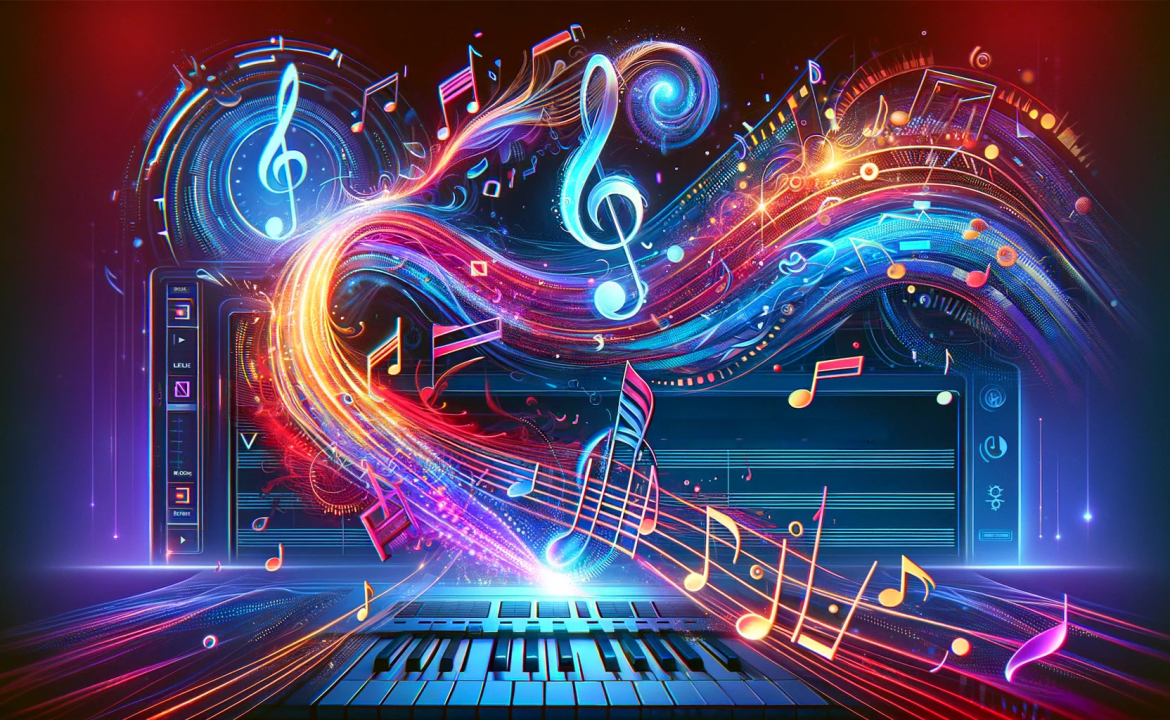
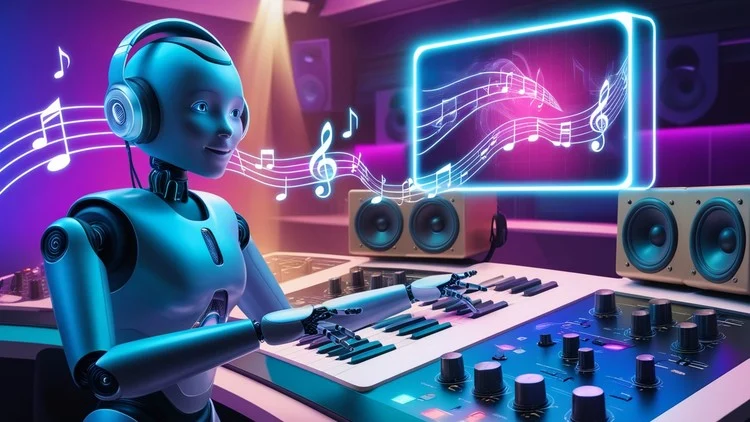
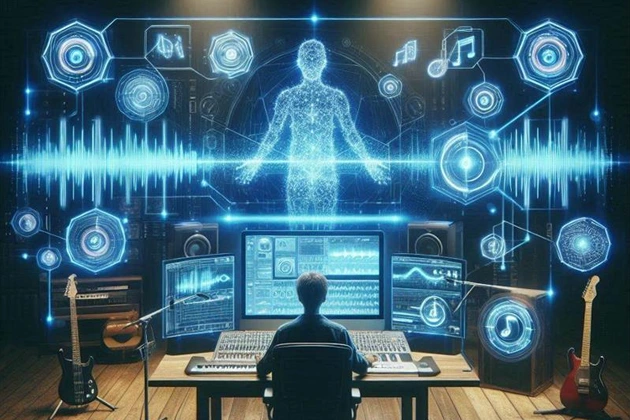
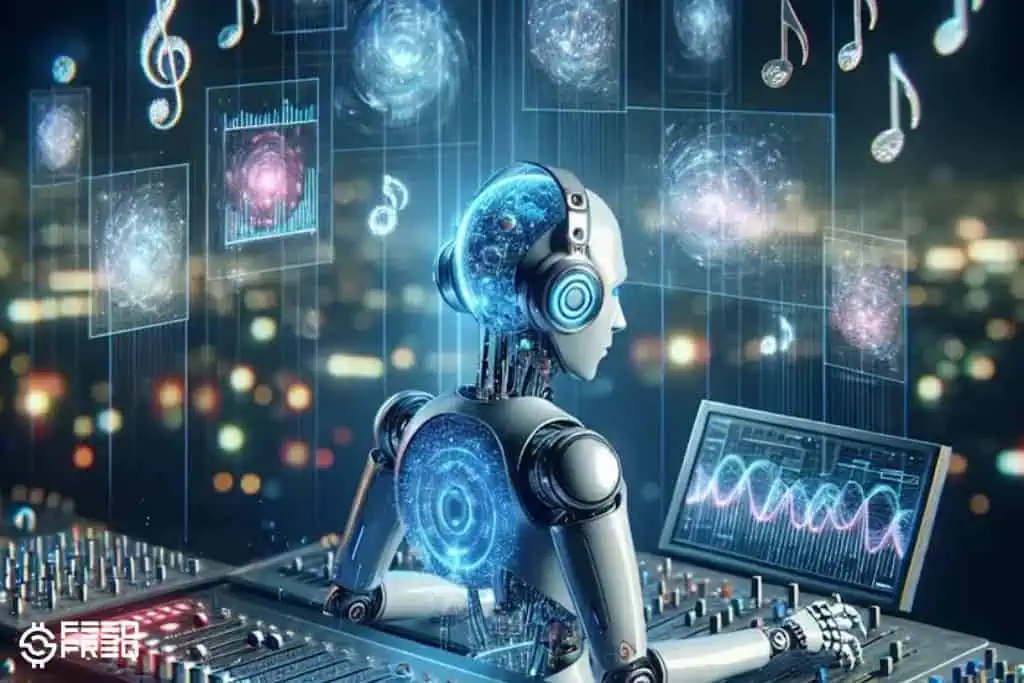
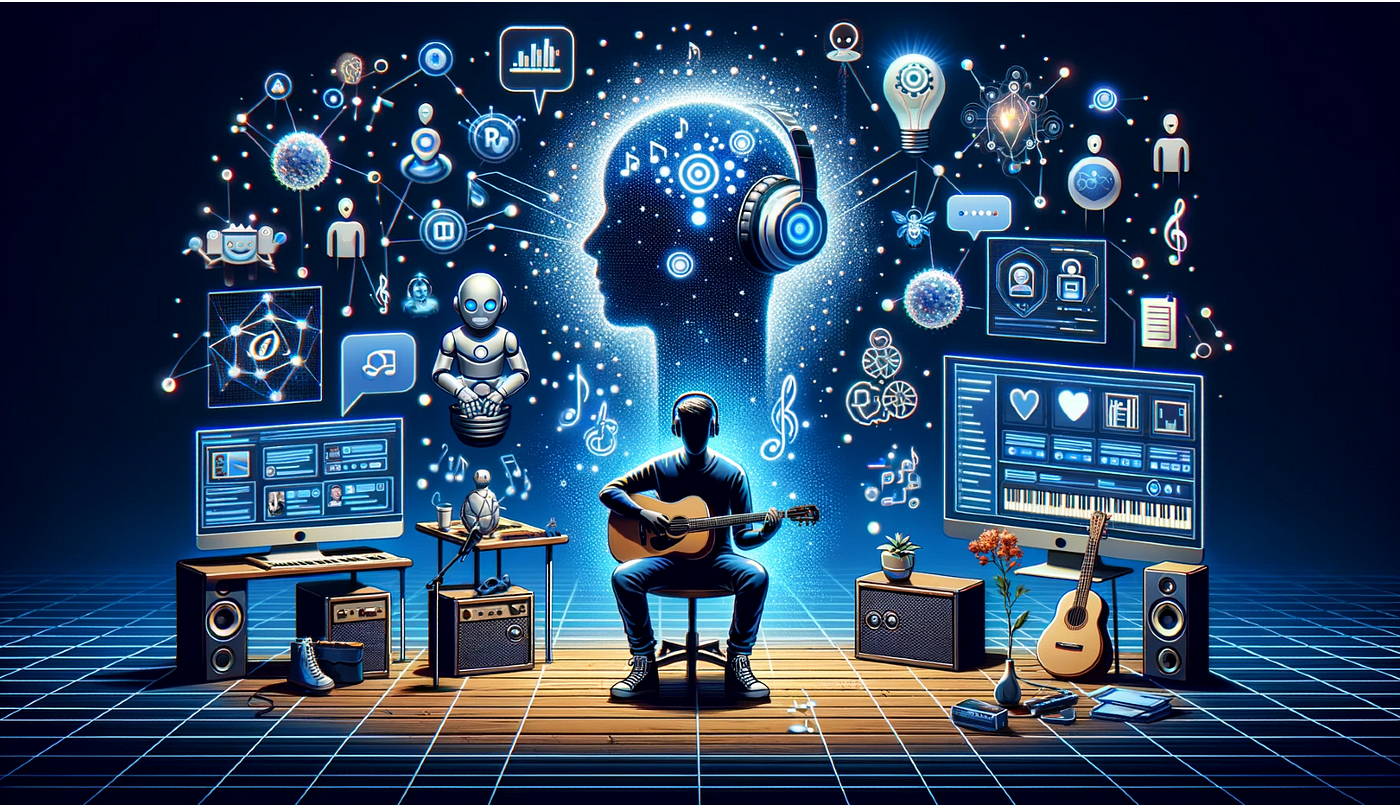
Leave feedback about this